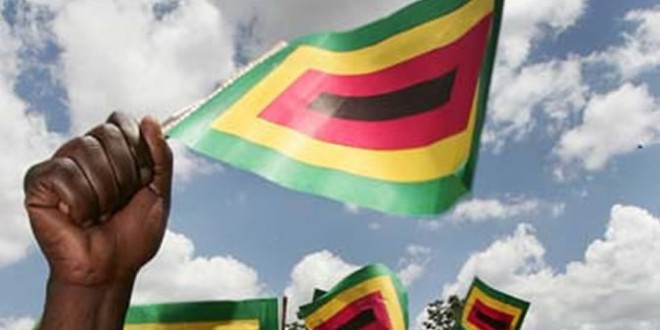
THE Zanu PF government has refused to comment on recently-released allegations that it worked with British diplomats and military officers to hide the Gukurahundi massacres.
BY OBEY MANAYITI
A report on a study by a British academic has accused both the Zimbabwean and British governments of turning a blind eye on the atrocities that saw an estimated 20 000 civilians in Matabeleland and the Midlands being butchered by the North Korean-trained Fifth Brigade.
The report by Hazel Cameron titled The Matabeleland Massacres: Britain’s wilful blindness, the British academic exposes then premier Margret Thatcher’s apparent policy of turning a blind eye to the atrocities while working with authorities in Zimbabwe.
Presidential spokesperson George Charamba described the matter as a tired discourse, saying he wanted to focus on the economic issues while Information minister, Chris Mushowe was evasive.
“We don’t have anything to do with that. We are focusing on the economy. I will not even dignify it with any comment, sorry. Ask me about the economy, we will talk. But I will not be distracted by a tired discourse,” Charamba said.
In the report, Cameron made reference to some cables between the British diplomat at the time, Robin Byatt, and his government.
There were also a series of meetings and partnerships Byatt and his team and Zimbabwean authorities allegedly held to manage the atrocities and minimise the impact outside.
- Chamisa under fire over US$120K donation
- Mavhunga puts DeMbare into Chibuku quarterfinals
- Pension funds bet on Cabora Bassa oilfields
- Councils defy govt fire tender directive
Keep Reading
Following the story published in this publication last week, The Standard has been inundated with calls from people asking the government to be given an opportunity to give its side of the story.
In the report, Byatt was reportedly very close to President Robert Mugabe and his family.
“The British high commissioner was proud that he enjoyed ‘a good relationship really’ with Mugabe during his posting as high commissioner in Harare,” Cameron says in her report.
“Byatt’s wife Jilly ‘was on very good terms with Sally Mugabe [Mugabe’s then-wife], who was a charming person’.
“Indeed Byatt notes that ‘Jilly’s relationship with her [Sally] could be useful in a practical way, trying to get round the Prime Minister’s office’.
Another British top army official, Major-General Colin Shortis, who was the commander of the British Military Advisory Training Team (BMATT), was identified as another leading figure in the cover-up.
BMATT assisted in the setting up of the Zimbabwe National Army through the integration of former liberation war armies — Zipra and Zanla — with the Rhodesian forces.
He reportedly underplayed the gravity of the atrocities in line with Byatt’s policy in his briefs to officials in London, as opposed to other Western diplomats in the country.
In their plot, the officials worked round the clock to manage media coverage of the matter.











